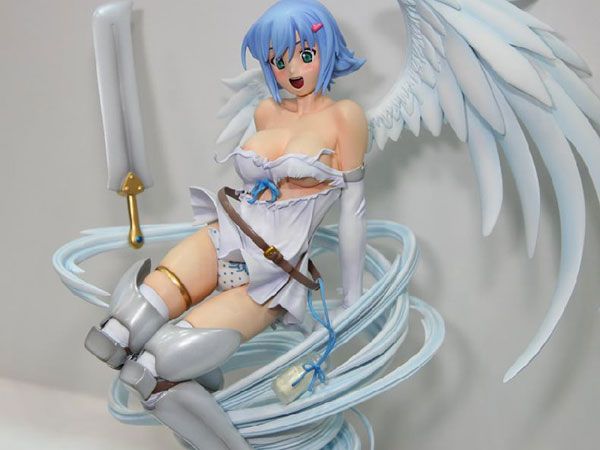|
|
Japanese Toys
|
Politics
Japan is a constitutional monarchy where the power of the Emperor is very limited. As a ceremonial figurehead, he is defined by the constitution as "the symbol of the state and of the unity of the people". Power is held chiefly by the Prime Minister of Japan and other elected members of the Diet, while sovereignty is vested in the Japanese people. The Emperor acts as the head of state on diplomatic occasions. Akihito is the current Emperor of Japan; Naruhito, Crown Prince of Japan, stands as next in line to the throne.
Japan's legislative organ is the National Diet, a bicameral parliament. The Diet consists of a House of Representatives with 480 seats, elected by popular vote every four years or when dissolved, and a House of Councillors of 242 seats, whose popularly-elected members serve six-year terms. There is universal suffrage for adults over 20 years of age, with a secret ballot for all elected offices. In 2009, the social liberal Democratic Party of Japan took power after 54 years of the liberal conservative Liberal Democratic Party's rule.
The Prime Minister of Japan is the head of government. The Prime Minister is appointed by the Emperor after being designated by the Diet from among its members, and must enjoy the confidence of the House of Representatives to remain in office. The Prime Minister is the head of the Cabinet (the literal translation of his Japanese title is "Prime Minister of the Cabinet") and appoints and dismisses the Ministers of State, a majority of whom must be Diet members. Naoto Kan was designated by the Diet to replace Yukio Hatoyama as the Prime Minister of Japan on June 2, 2010. Although the Prime Minister is formally appointed by the Emperor, the Constitution of Japan explicitly requires the Emperor to appoint whoever is designated by the Diet. Emperor Akihito formally appointed Kan as the country's 94th Prime Minister on June 8.
|
|









